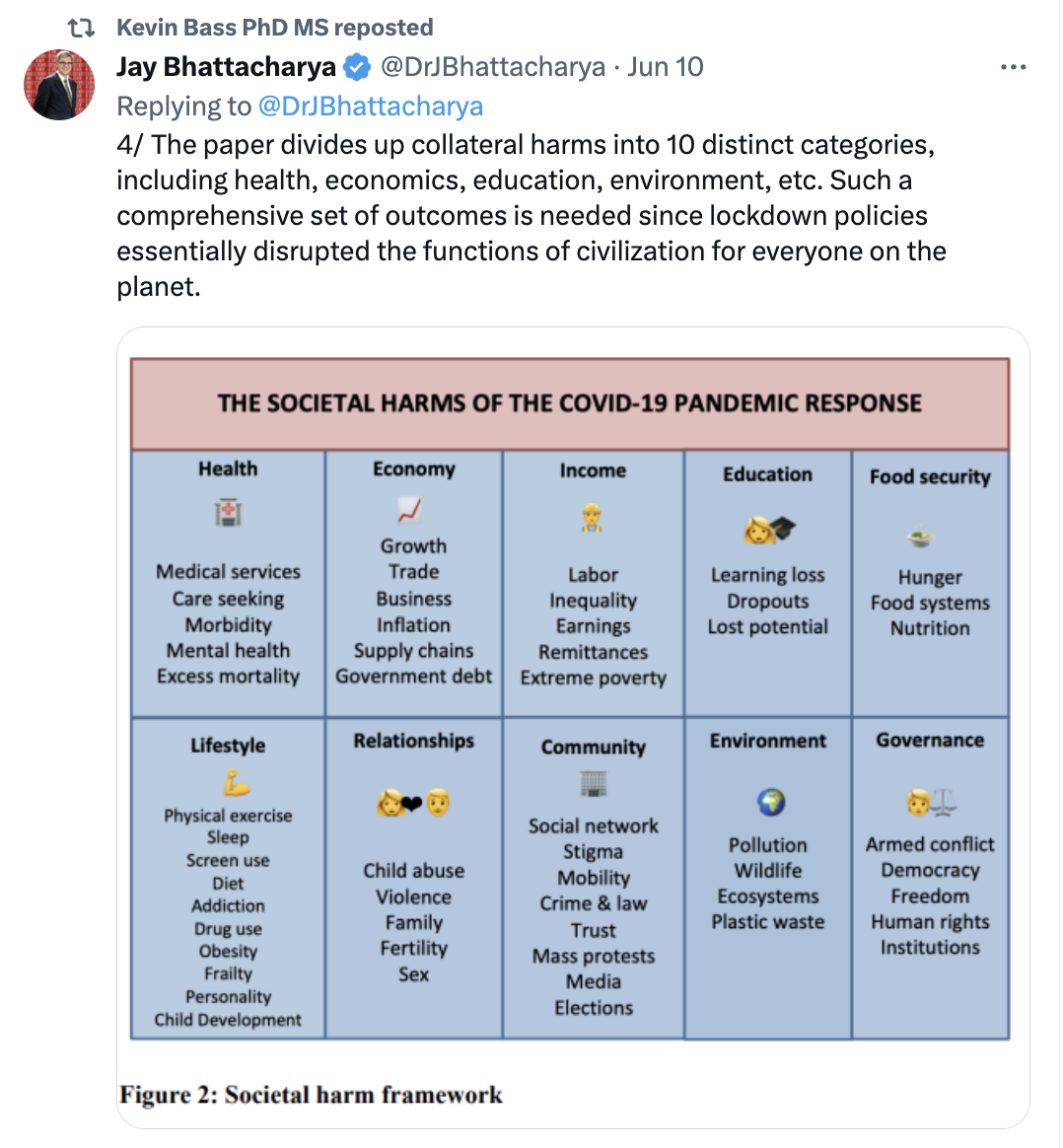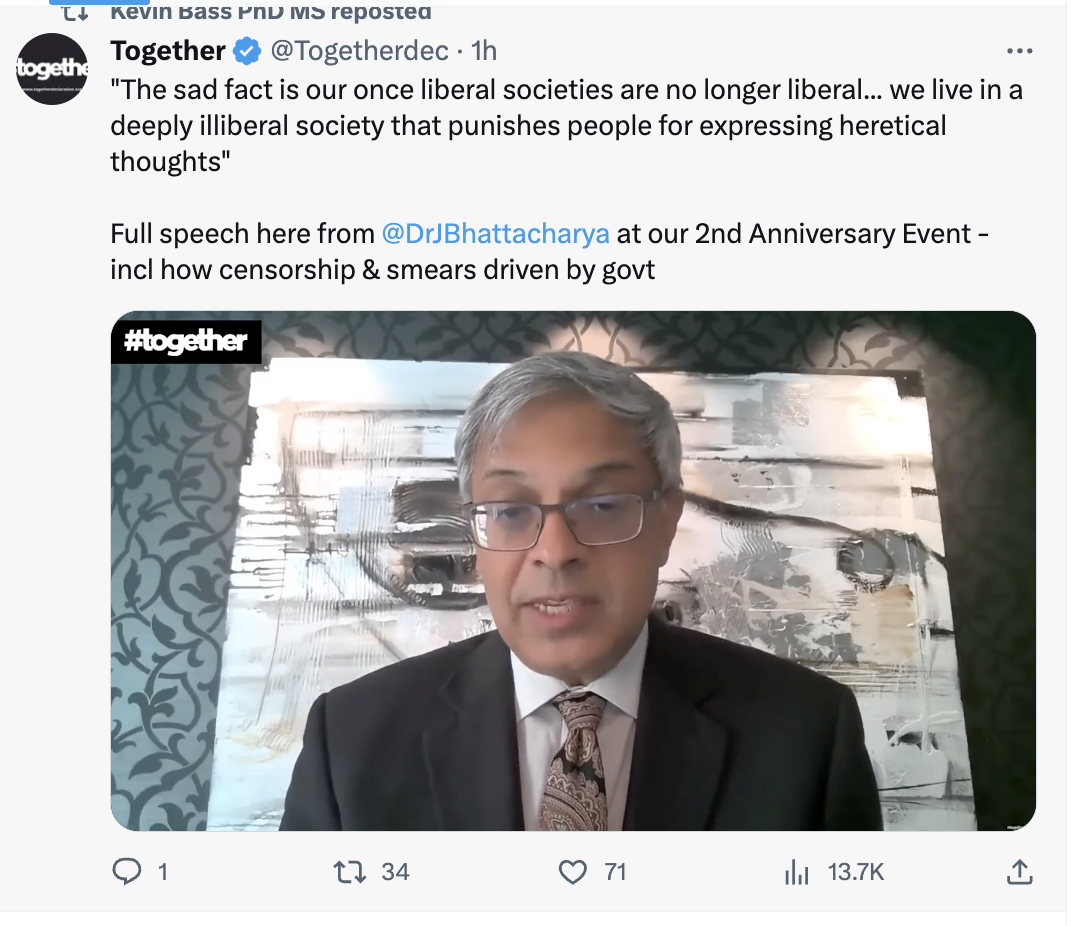Censorship Doesn’t Fix “Bad” Ideas. It Merely Shoves the Discussion Underground
Greg Lukianoff explains that censorship, no matter how well intended it is, drives conversation into the shadows, where it festers. It isolates viewpoints away from the mainstream, detached from any interaction with opposing views, where participants experience a false consensus. Where their reach on important topics exceeds their grasp. Those who advocate for censorship to cure "bad" ideas, always makes the situation worse by emboldening the "bad" ideas. This is one of the ideas why censorship never works.
[C]ensorship on one platform may lead to an increase in the amount of similar content on other platforms. This is the unintended consequence of heavy-handed moderation policies.
Social media censorship creates new ecosystems that are ripe for group polarization. As Harvard law professor Cass Sunstein explains in an essay on group polarization: “People who are opposed to the minimum wage are likely, after talking to each other, to be still more opposed; people who tend to support gun control are likely, after discussion [with each other], to support gun control with considerable enthusiasm.”
For a vivid portrayal of how exclusion makes polarization, paranoia, and radicalism far worse, we highly recommend Andrew Callaghan’s documentary This Place Rules, which highlights some of the protests and personalities that played large or small roles in the run-up to, and day of, the Capitol riot on January 6, 2021. Callaghan has a grave warning about how badly attempts to censor can backfire: “When you take someone who talks about a deep state conspiracy to silence him and his followers and then you silence him and his followers it only really adds to his credibility,” he says in the film. When you’re dealing with people who believe there’s a conspiracy to shut them up, do absolutely nothing that looks anything like a conspiracy to shut them up.
Simply put, censorship doesn’t change people’s opinions. It encourages them to speak with people they already agree with, which makes political polarization even worse.


